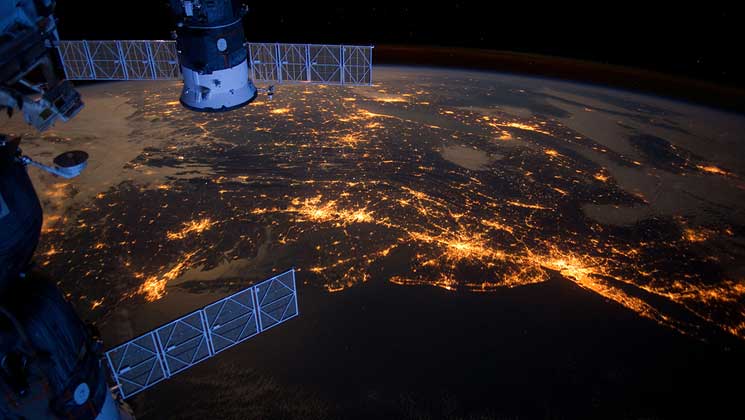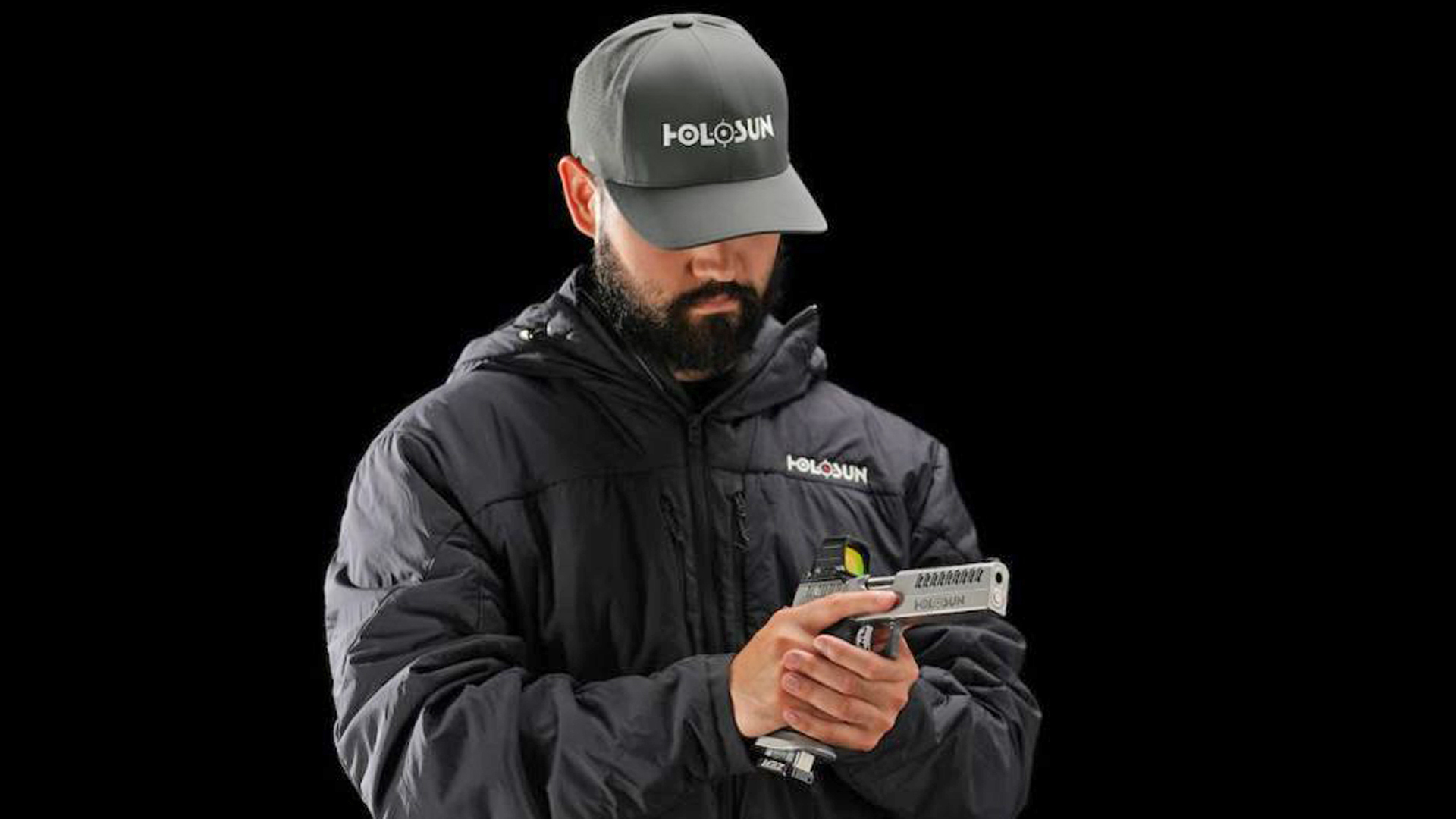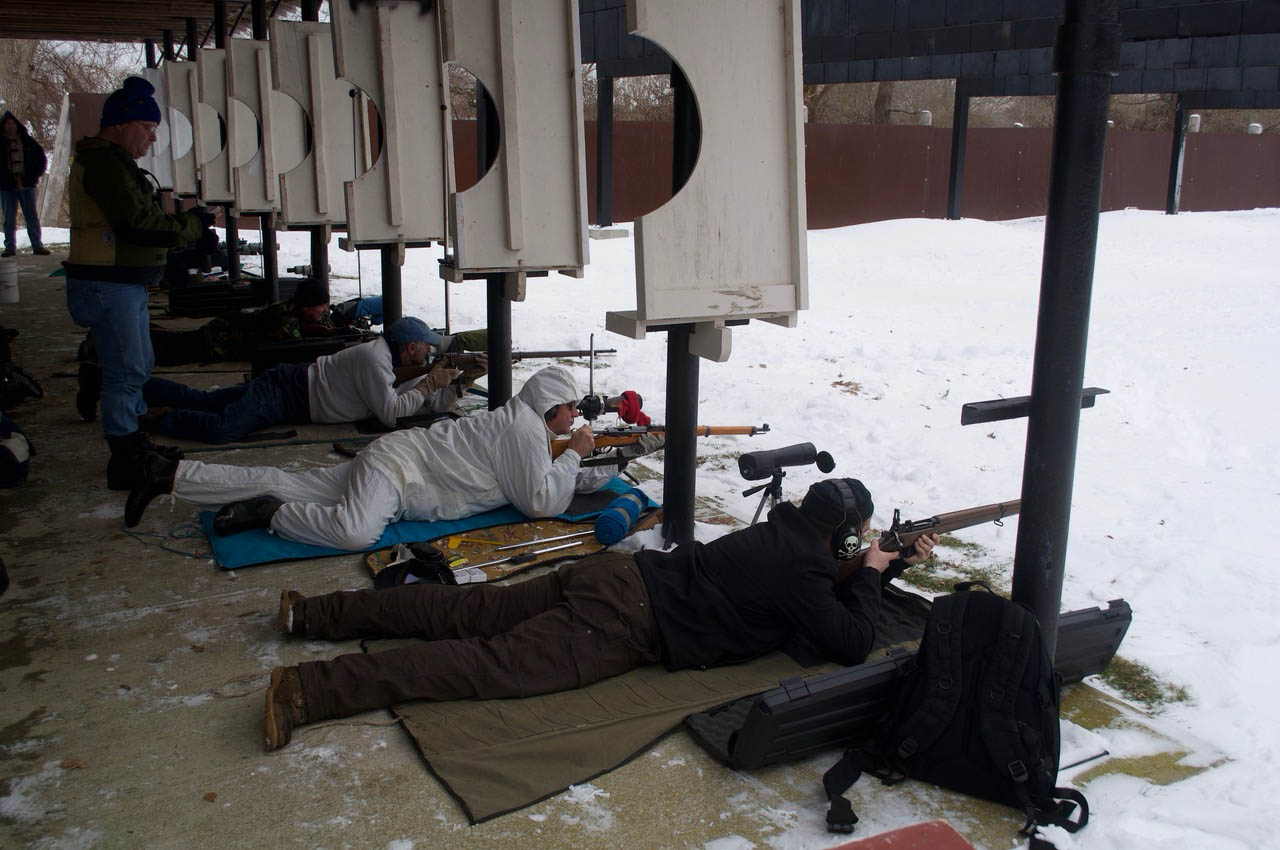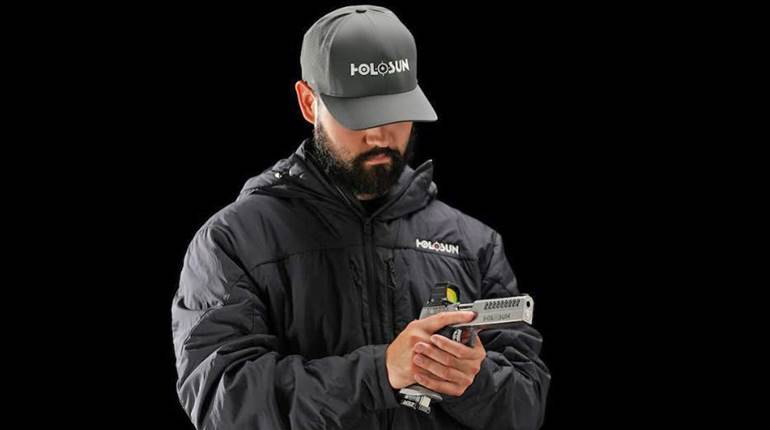
As Hurricane Matthew bears down on Haiti and potentially aims somewhere along the southeast coast of the United States, it’s a stark reminder that staying prepared to some degree—including for those times authorities are too busy to pick up when you call 9-1-1—should be part of our daily mindset.
As far as natural disasters go, a hurricane is a lot like a heavyweight boxer facing a featherweight—in relative terms it moves slow and telegraphs most of its moves, but if it connects it’s lights out, or worse. This one’s packing 145 mph winds and when it makes landfall first responders may not have the manpower to respond immediately. Phone lines can go silent, cell towers crumple and flooding or downed power lines may block emergency crew routes.
Obviously, protecting your life and that of your loved ones until help arrives is high priority. Having a home-defense or carry gun, along with training, is a lifesaver when criminals own what’s left of the streets.
For the food, water and other basic supplies critical to your survival, visit Ready.gov and build at least this basic list. That’s the only good thing about hurricanes—unlike earthquakes or flooding—there’s plenty of time to go shopping or duck that potentially fatal blow by evacuating. For those of us in the projected path, it’s also a good time to refresh any stored potable water. Loss of power is always a concern, so recharge batteries, buy fresh ones and check those flashlights.
Criminals who target our infrastructure do so without warning, though. Three years ago four men cut underground fiber-optic phone lines before they sabotaged a power substation’s oil-cooling system in California. Deliberately blacking out the entire area’s communications (including the 9-1-1 system, even by cell phone) is only one of the reasons former Federal Energy Regulatory Commission Chairman Jon Wellinghoff—who was in charge of that agency during the incident—claims it was a deliberate act of terrorism. Silicon Valley, including Google, nearly went dark that night.
The incident is far from isolated. Even last month, in Arizona, another attack successfully cut power to 13,000 people, nearly all of Utah’s Kane and Garfield counties. Damage is estimated at $1 million, a $50,000 reward is being offered and it issues yet another reminder that being prepared for the unthinkable should be part of our routine—even when hurricanes aren’t bearing down.
Image courtesy NASA







































